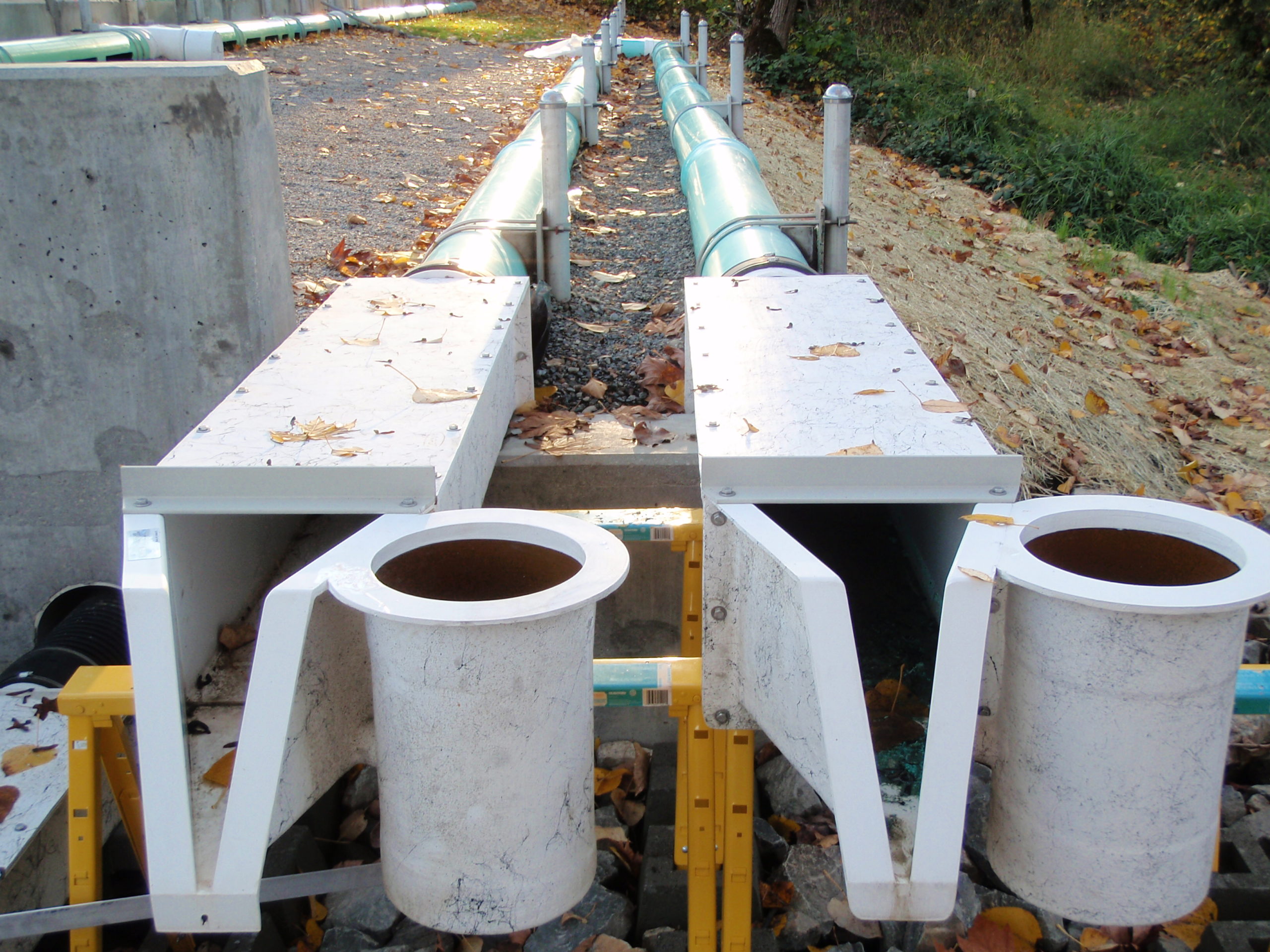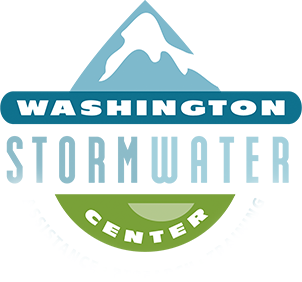Q: There is a 2011 TAPE Guidance Manual and a 2018 TAPE Guidance Manual. Which document do I need to follow?
A: Companies that currently have a PULD or CULD but do not yet have an Ecology-approved QAPP can choose whether to follow the 2011 TAPE Guidance Manual (that was in place when they submitted their initial application) or opt to follow the 2018 TAPE Guidance Manual.
Companies that are submitting a new application to the TAPE program must follow the 2018 TAPE Process Overview document and the 2018 TAPE Guidance Manual.
Q: The TAPE Guidance Manual requires companies to use “bootstrapping” to conduct the statistical evaluation of performance goals. Are there more instructions on how to complete this?
A: The TAPE program has a Bootstrap Tool that companies can use for the bootstrap analysis. The tool uses effluent concentrations and the associated removal efficiency to calculate the upper 95% confidence limit for effluent concentration or the lower 95% confidence limit for removal efficiency.
Q: Are all stormwater treatment or pollution prevention devices required to go through the TAPE process?
A: No, the TAPE program does not apply to all stormwater devices seeking approval for use. The TAPE program applies to post-construction (permanent) stormwater treatment BMPs that wish to be included as an approved device in the Stormwater Management Manuals for new and redevelopment projects. Treatment devices that are installed as a retrofit or treatment devices used to meet industrial permit requirements are not required to go through the TAPE process.
Q: Are there separate TAPE certifications for Eastern and Western Washington?
A: No, there are not two separate TAPE requirements for Eastern and Western WA. If a device receives a GULD it can be used on either side of the state. However, the design must follow any pertinent requirements in the appropriate Stormwater Manual (Eastern or Western WA), and per local jurisdiction approval. Proponents must present methods for the hydraulic sizing of the device for both Western and Eastern WA approaches in the final Technology Evaluation Report.
Q: Do evaluations have to be completed at a field site in the Pacific Northwest?
A: Companies must demonstrate performance by testing their stormwater treatment technology in the Pacific Northwest or at an Ecology-approved test facility. The WSC website has more information on the currently approved TAPE test facilities.
Q: Is there a national testing protocol? How does that affect TAPE certifications?
A: There is an effort to create a national testing protocol, called the Stormwater Testing and Evaluation for Products and Practices (STEPP) Initiative, being led by the National Municipal Stormwater Alliance. The WSC and Ecology TAPE staff are both very active in this effort and in the STEPP Consortium Group. It is anticipated that any stormwater treatment technology with a GULD will be grandfathered in for approval in Washington State under the STEPP program.
Q: Does anyone outside of Washington currently accept TAPE certifications?
A: Some cities, counties, states, and agencies outside Washington accept TAPE certification for the selection of stormwater treatment devices within their jurisdiction. WSC has created a list of some of the entities outside of Washington that may accept TAPE-certified devices.
Q: Is the data collected during TAPE evaluations publicly available?
A: WSC TAPE staff are working with the staff at the International BMP Database to upload data from stormwater treatment technologies that have received a GULD. This is an ongoing effort and includes only data from companies that have agreed for their data to be uploaded.
Q: I can’t collect paired data from my stormwater treatment technology because of the detention time within the system. Can it still be approved through TAPE?
A: Your technology can still go through TAPE, but may need to follow a different protocol. WSC staff recently worked with Ecology to finalize a protocol to evaluate BMPs with long detention times (for example, a stormwater wetland). This protocol uses a random sampling approach, sampling the influent and the effluent independently. Contact WSC TAPE staff if you think your stormwater treatment technology may be appropriate for this non-paired random sampling approach.
Q: My stormwater treatment technology uses chemical treatment and is meant for use on construction sites. Can it be approved through TAPE?
A: These types of stormwater treatment technologies are generally utilized temporarily at active construction sites. They still need approval for use, but Ecology has developed the Chemical Technology Assessment Protocol – Ecology (C-TAPE) for their evaluation.
List of jurisdictions that recognize TAPE certifications.
- Sacramento, California: The City of Sacramento will consider TAPE GULD certifications for Basic Treatment.
- Santa Monica, CA: The City of Santa Monica will accept TAPE, TARP, and NJCAT.
- Maine will accept TAPE approvals.
- Denver, Colorado: will accept TAPE or TARP approvals.
- St. Louis, Missouri: The Metropolitan Sewer District (MSD) allows certification through TAPE or from the New Jersey DEP.
- New Hampshire: TAPE and TARP are listed in regulations
- Portland, Oregon (Bureau of Environmental Services): The City of Portland recently revised its standards for reviewing and accepting manufactured stormwater treatment technologies. Portland requires a GULD certification through TAPE as a submission requirement but retains approval authority through its review and acceptance process. More information is available at www.portlandoregon.gov/bes/swmm.
- Eugene, Oregon: Allows devices that have received a General Use Level Designation for Basic Treatment or Pre Treatment through the TAPE program.
- New York State Department of Environmental Conservation will accept TAPE, TARP, and NJCAT approvals as well as those accepted through the USEPA Environmental Technology Verification Program and the State of Maryland Proprietary Practice acceptance program.
- Oregon Department of Transportation
- Rhode Island: bacteria, nitrogen, and phosphorus treatment; will accept TAPE or TARP approvals as well as testing done using their own protocol.



